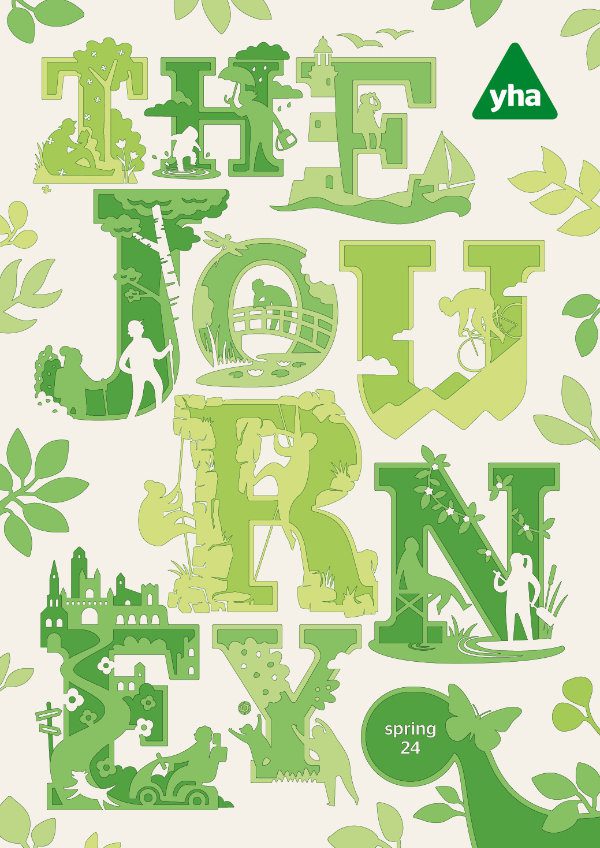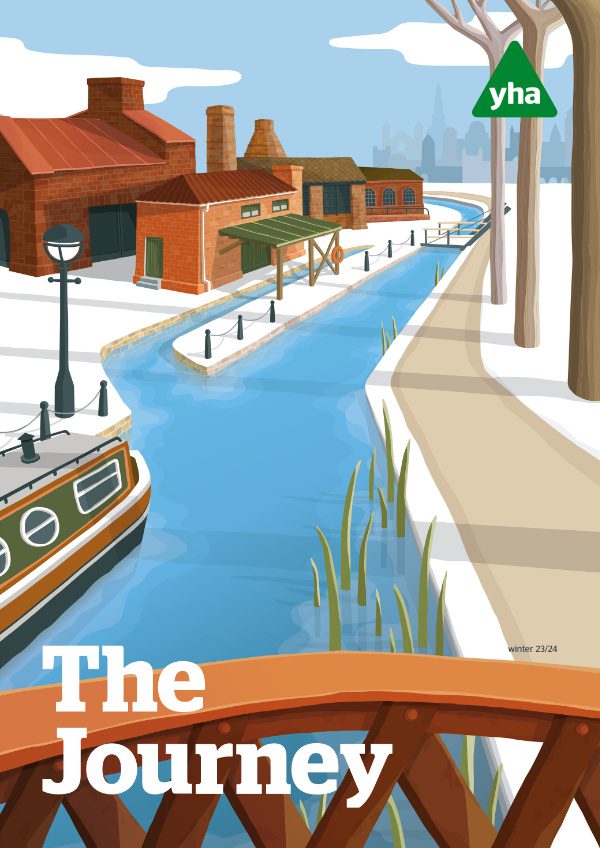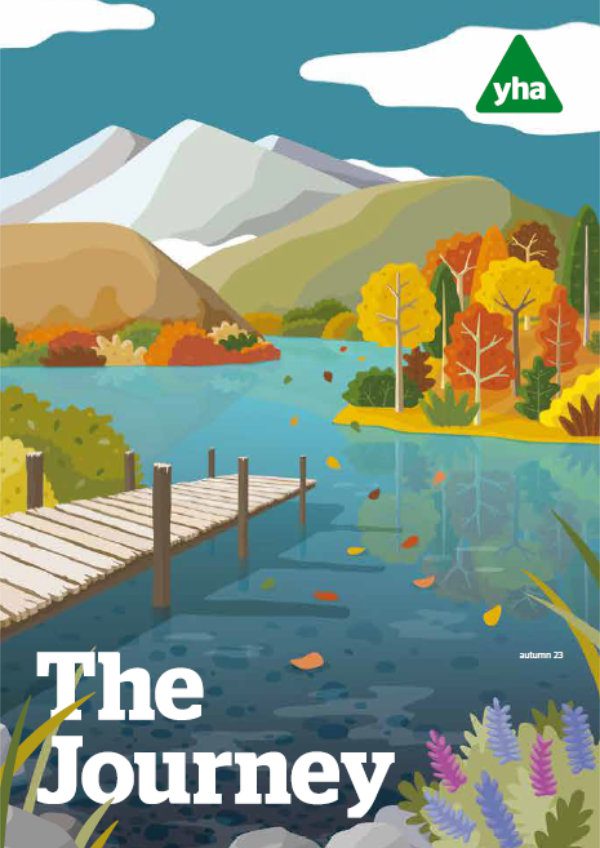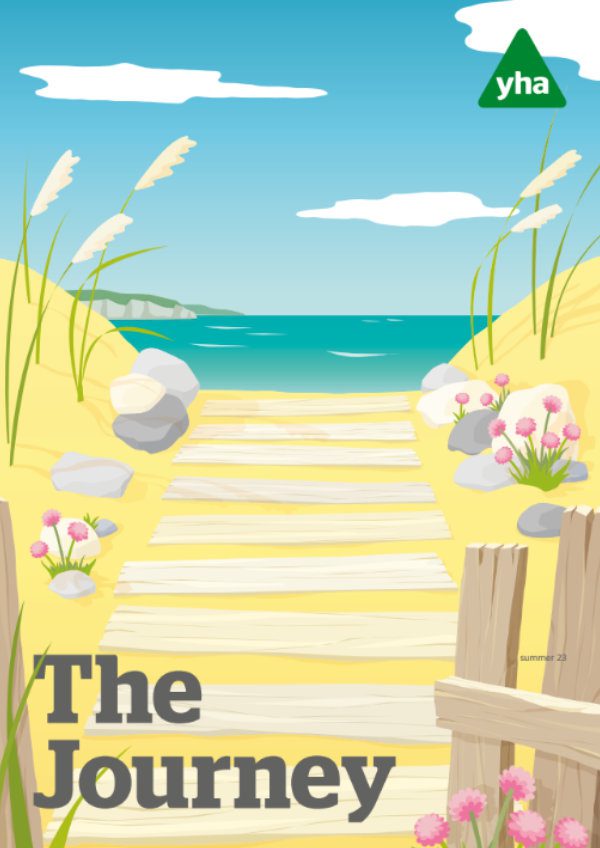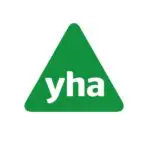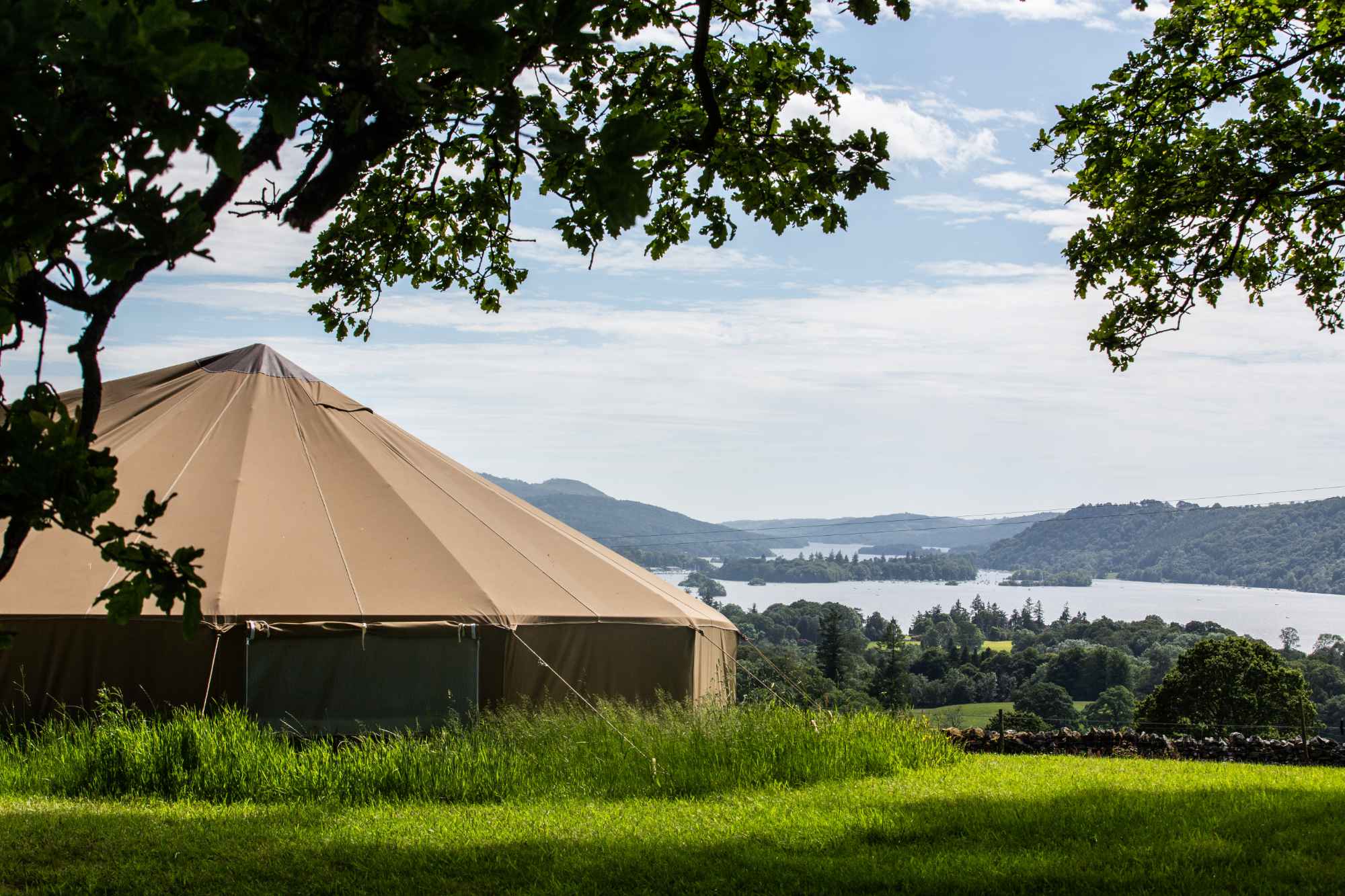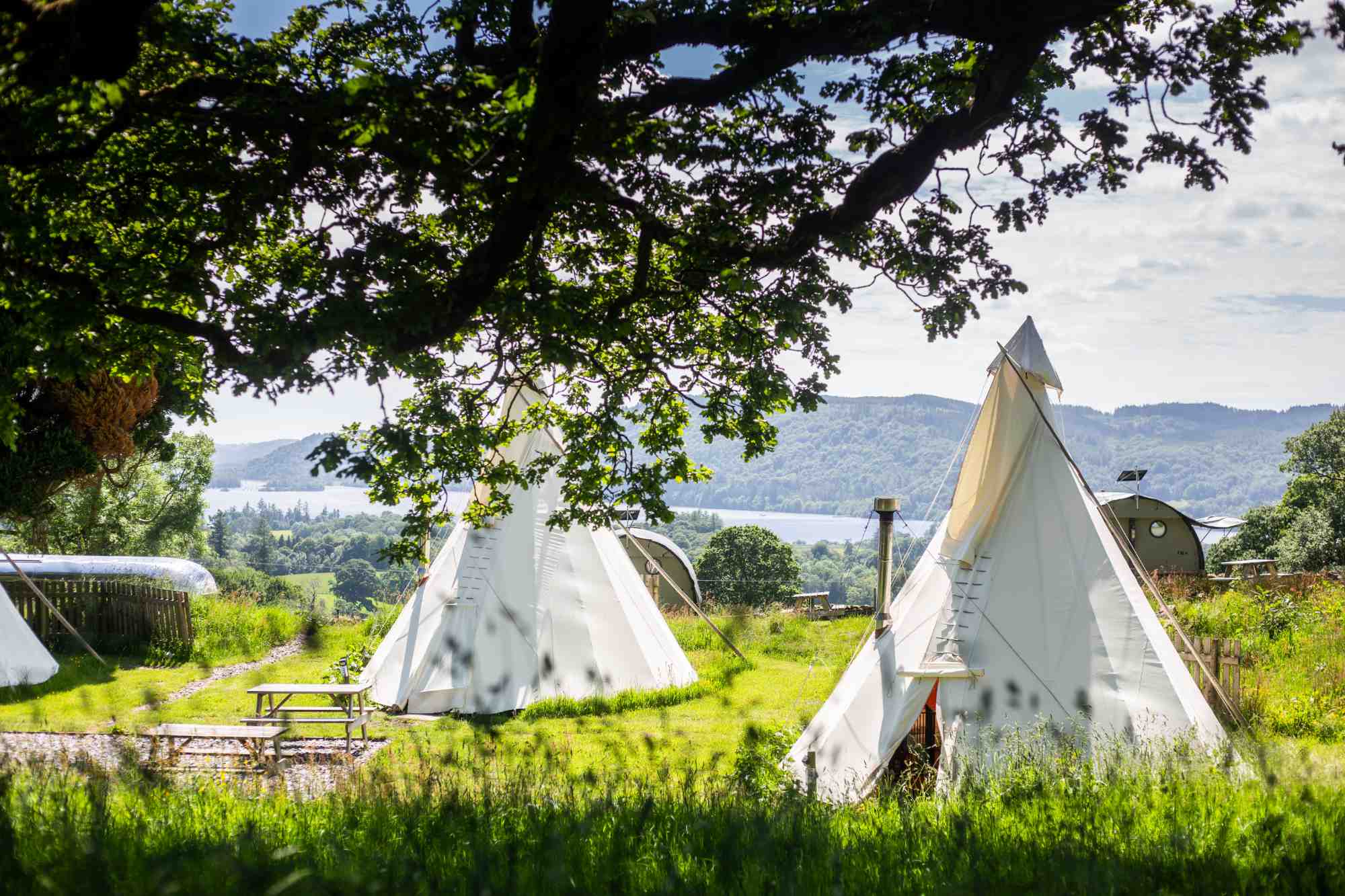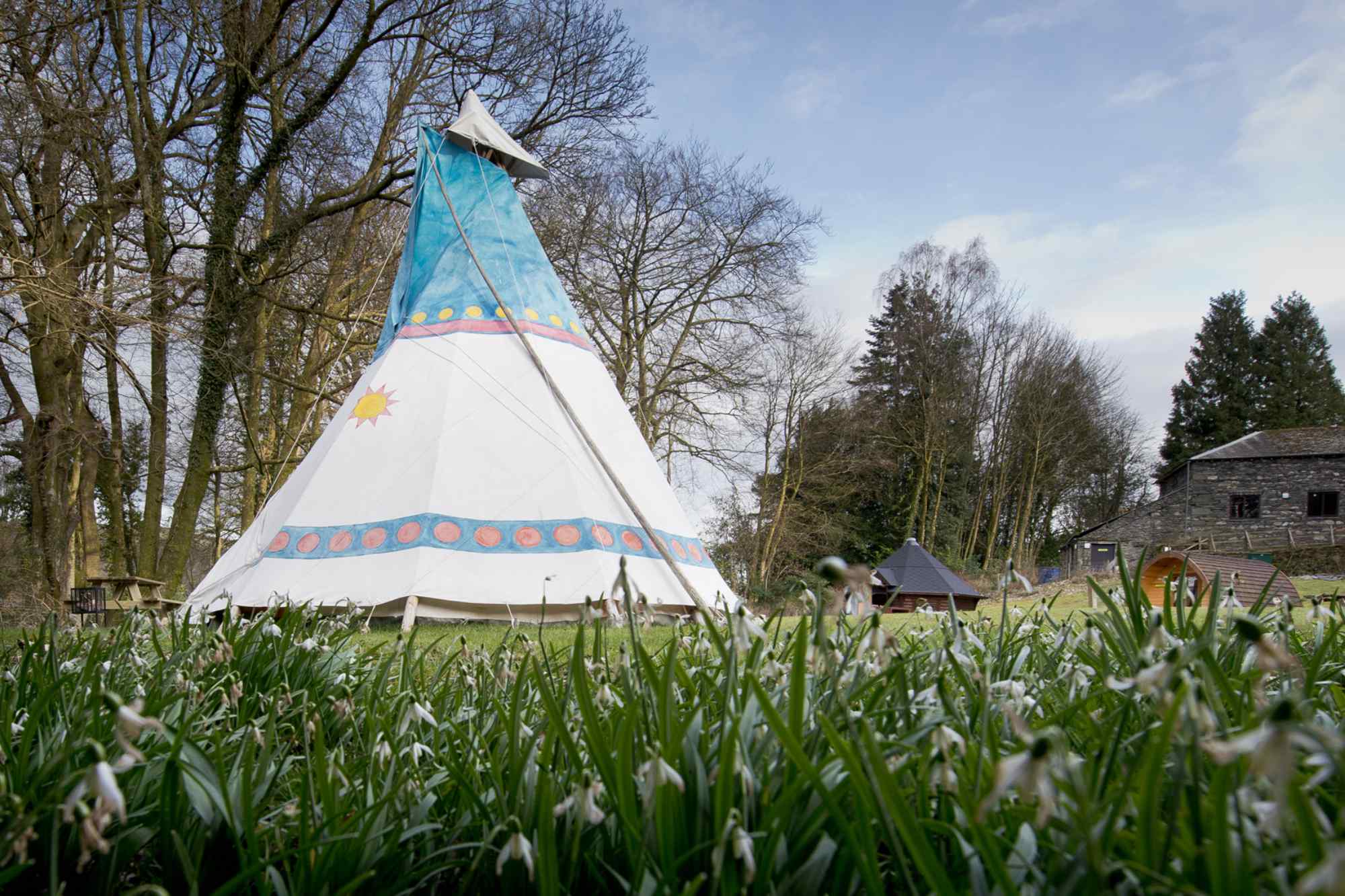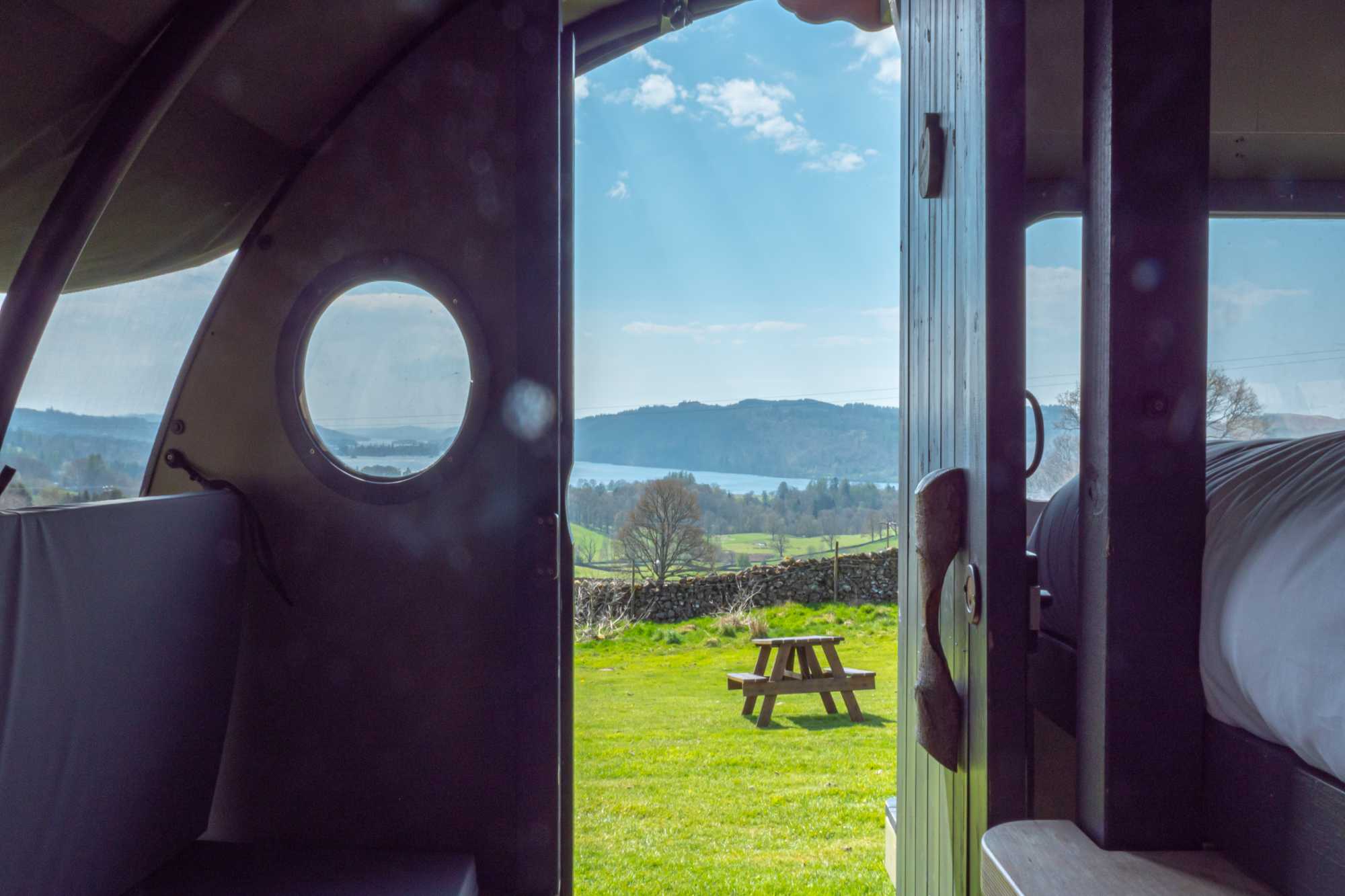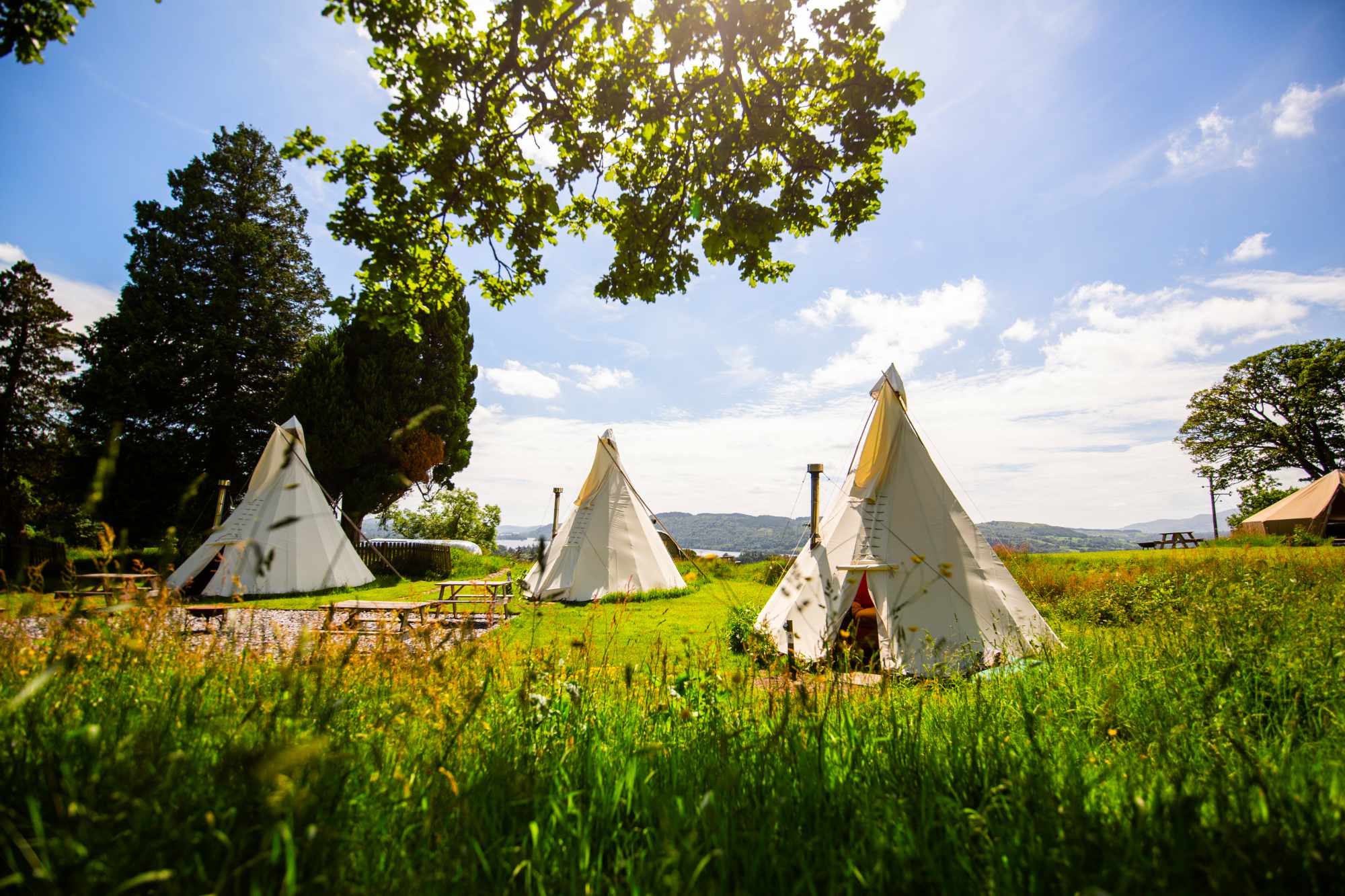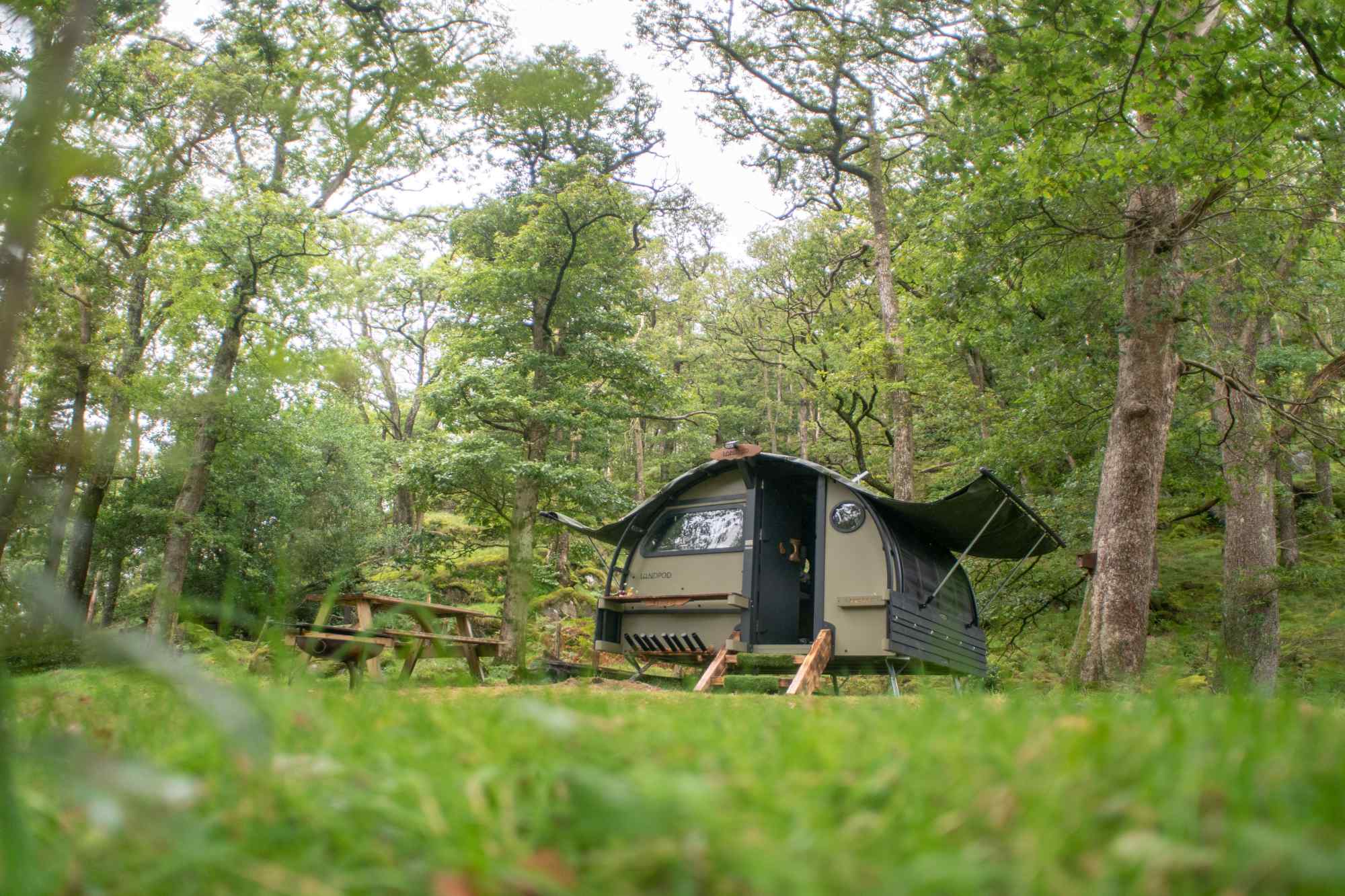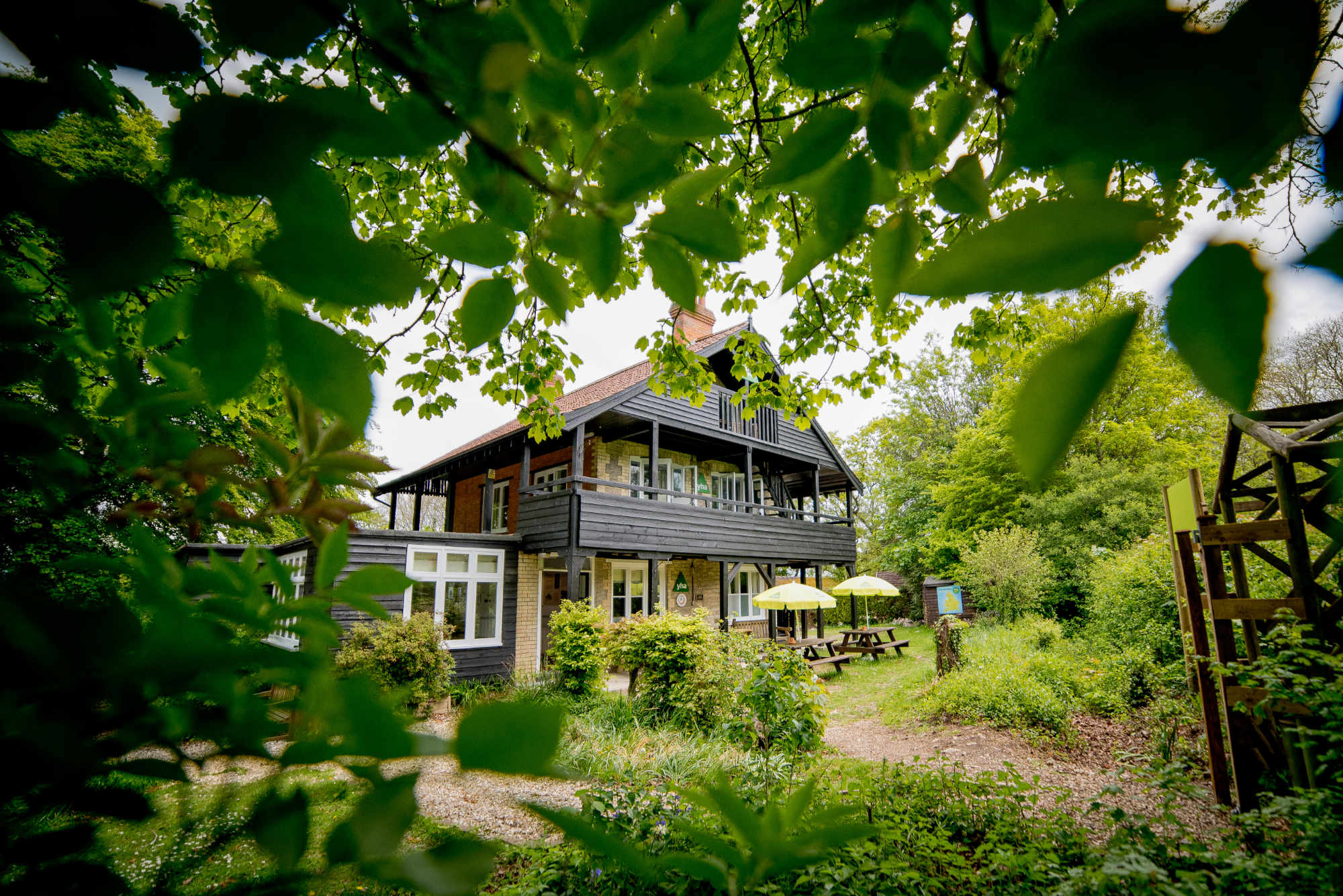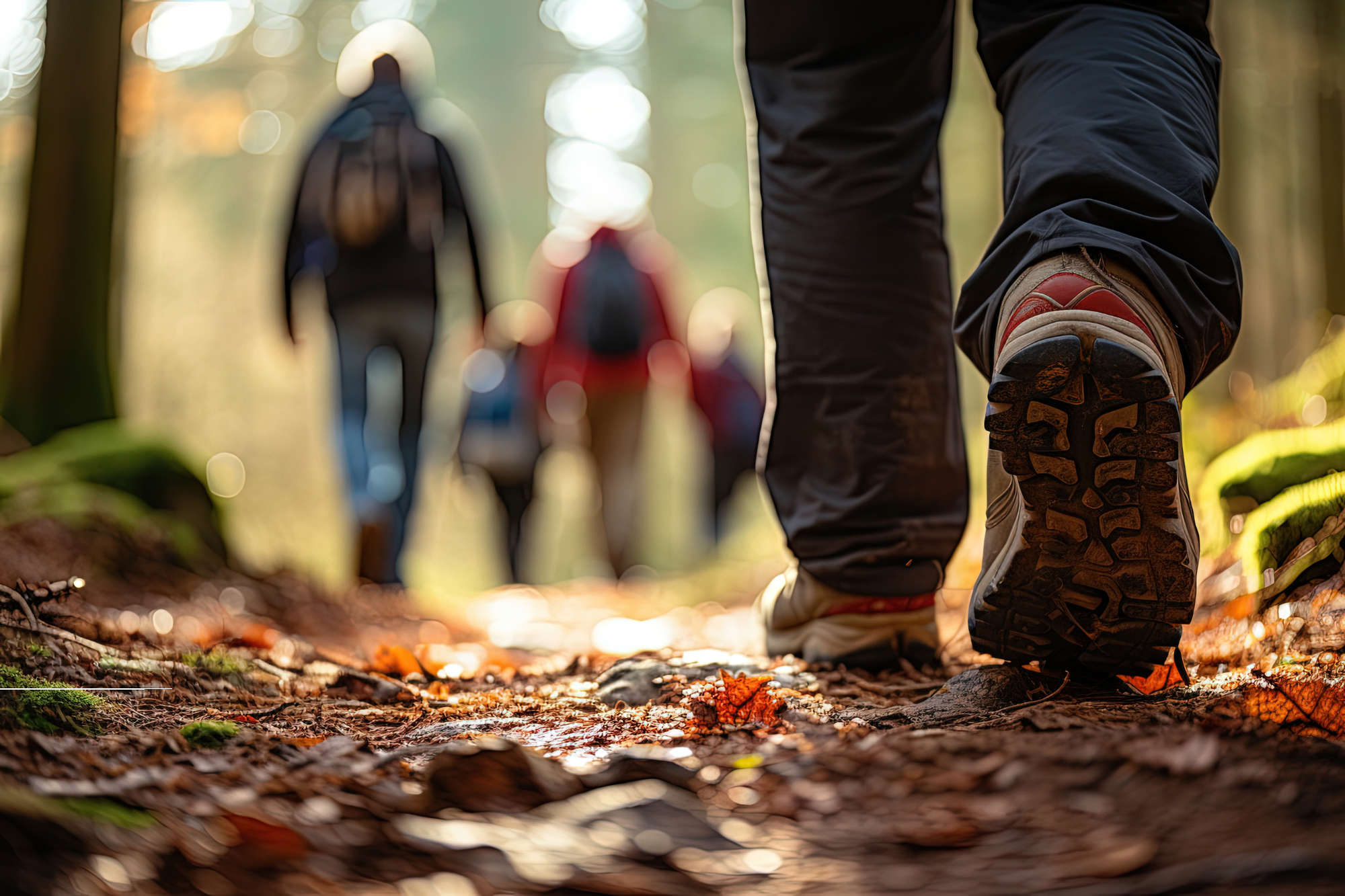When doing a mid-year budget review, the subscriptions line gave me pause. YHA has over 20 different payments to membership bodies; from individual memberships like Chartered Institute of Personnel and Development and ACEVO, to charity wide like NCVO, and into speciality areas including Tourism Alliance and Hospitality UK.
For a charity like YHA that straddles multiple disciplines across many user groups; and connects to multiple agendas (nature, outdoors, culture, travel, hospitality and heritage) membership bodies provide valuable skills and networks that supplement capacity and augment our staff expertise.
But they are still a costly resource and it made me reflect on where we have had best value to date and how we can improve this going forward.
What type of bodies did we draw upon?
Charity sector membership bodies have had a rough 2 years – both with drops in their own income but also a range of challenges in how they represent the sector at government level; in how they work together and some criticisms of their own practice.
It is important not to take away from their great support for sector – both in lobby and in resources and advice. However, many I have spoken to are also looking beyond the historical sector leadership bodies for new networks.
YHA’s new approach Strategy 2025 – Adventure for First Time and for a Life-Time was launched just before COVID. This caused us to be more deliberative – choosing new membership bodies to fit to our new Vision, as well as reinvigorating existing partnerships.
This more focused approach to membership was accelerated by the reality that straddling multiple areas meant that we had to review COVID guidance from several teams across English and Welsh governments. We needed to respond to statute and guidance in hospitality, education, youth work, tourism, heritage, culture, outdoor recreation, volunteering; a daily barrage of rules from two countries. Memberships with charities working in the same spaces helped us interpret this guidance as a collective – both reducing workload and allowing us to take a shared approach to manage risk.
Some of best support came from bodies set up to support commercial and for-profit propositions. The regular meets with Kurt Janson at Tourism Alliance or the redoubtable Kate Nicholls at UK Hospitality were invaluable in helping us with day-to-day interpretation of COVID rules. But they were also essential in addressing the specific issues attached to hostelling which were falling though gaps in government guidance.
This encouraged us to seek out new partnerships – forming Hostelling Together working with colleagues in Wales and Scotland and Independent Hostels UK (a network of Independent Hostels).
This lobby meant that the Prime Minister regularly included hostels in his speeches on the impact of COVID on hospitality – a vital focus for the 800 plus charity and micro-business hostels that make travel affordable across UK.
Niche partnerships- the value of single-issue groupings
YHA developed our relationships with partners in very niche but vital areas that just didn’t touch the wider charity sector lobbying – despite being a vital part of infrastructure.
One of these was residential settings and school trips – charities essential for well-being, learning, and ‘catch-up’ but decimated by COVID. Membership of bodies like the Institute of Outdoor Learning helped us with the practicalities of reopening (how to run climbing walls in a COVID context anyone?) but also helped raise the profile of the need for investment. Access Unlimited – a YHA-hosted coalition with Scouts, Guides, FSC, Outward Bound, and National Parks – was built off the back of this; winning DEFRA funding in 2020 through Heritage Lottery Fund and providing a lifeline to many charities large and small and support for 100 000 young people.
Another special interest area was State Aid- truly an area for policy wonk experts. YHA was very grateful for hospitality sector business grant support but State Aid restrictions limited our ability to take up all the grants we may have been able to claim. The leadership of Charity Tax Group and those in charity retail (where many faced the same challenge) was an invaluable source of support and led the lobby for a successful outcome.
So where next?
YHA have just joined Wildlife and Countryside Link, the membership body for environment NGOs. This reflects one of our core strategic priorities to connect more people to nature and the outdoors. And we have been impressed, both with their range of programmes and some excellent work on baselining diversity in the outdoor and environment sector.
Reflecting our role as one of largest social enterprises – and our ambitions for growth – we have joined Social Enterprise UK and look forward to contributing more into this space in 2022.
And, as a major youth charity reaching nearly 500 000 under 26s a year, we are looking at our role in the youth sector memberships and infrastructure bodies as they reshape themselves for a new future for youth work.
The value of memberships based around charitable objects
But I want to end with the membership body that perhaps captures best the potential future of charity membership structures.
The most powerful support has come from bodies clustered around similar charitable objects.
Heritage Alliance is perhaps a model for it all. Expert leadership in Lizzie Glithero-West – both subject expert and lobbying genius. Engaging members to form policy positions and feeding back intelligence on government and sector. Interactive social media engaging debate. Massive range of useful training, workshops and conferences that cover all aspects of our work in Heritage. Seeking honest feedback on their provision and responding to the needs of members; NGOs both big and small.
It is such a model of success that perhaps it speaks to a future structure for voluntary sector leadership that groups around similar charitable objects rather than factors such as size or indeed just being a charity. Work on this through Special Interest Groups – like the one Lizzie chairs for ACEVO Heritage CEOs – are of course one way forward but are there other models for rethinking the 60 plus membership bodies that provide support to the charity sector?
For YHA
Memberships are vital. Bringing both capacity and capability. We have set a challenge over 2022 to further develop YHA with institutional memberships and I am looking to do the same with my personal memberships. And that must be two-way; how do we give as much as we get?
As the charity sector recovers let’s see the refresh of our membership thinking as a core route to achieving both our shared ambitions and our individual charitable objects. Better together.
Discover more about YHA.
